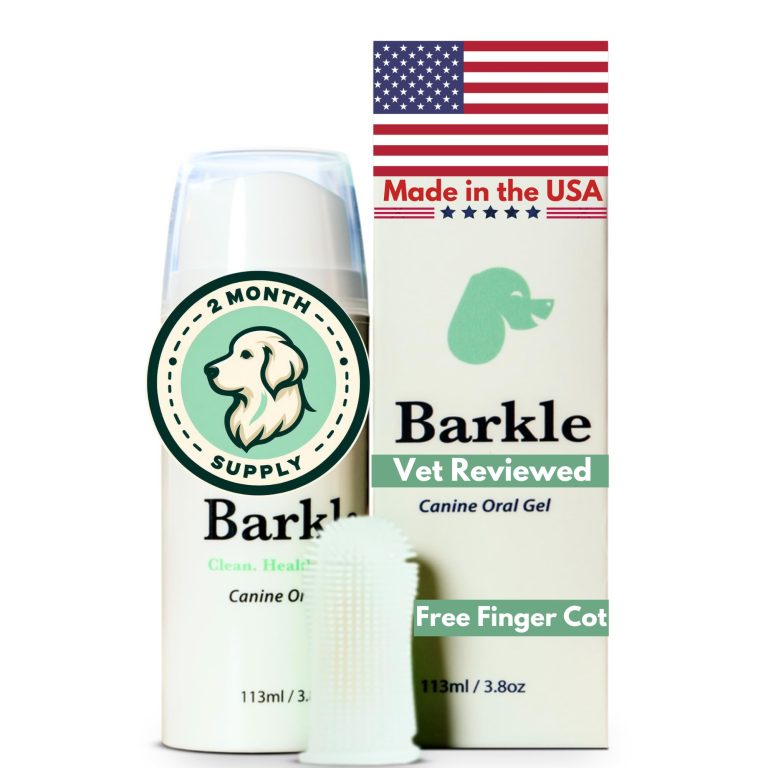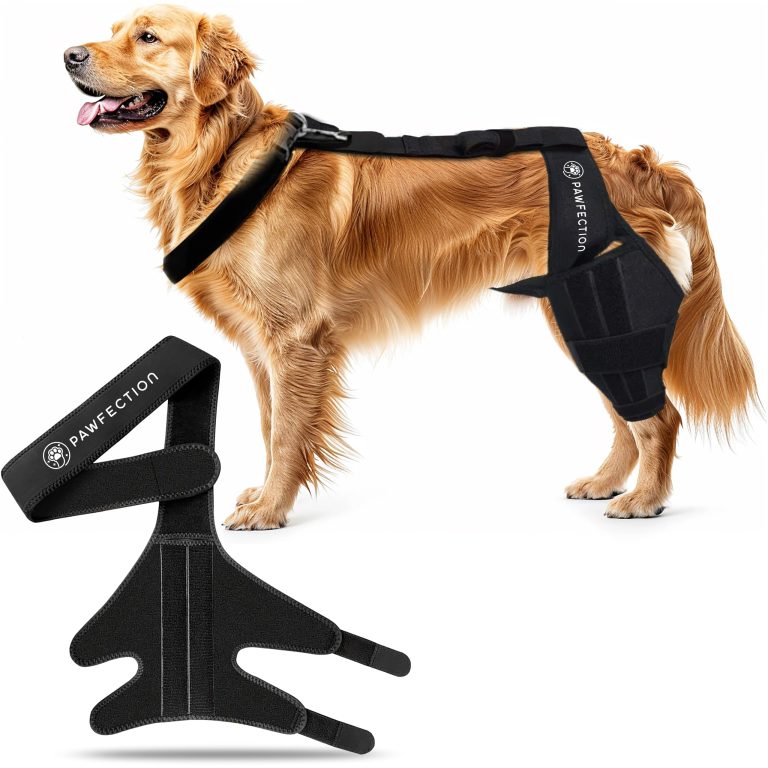Understanding Food Allergies in Dogs

Dogs are more than just pets – they are beloved members of our families. As responsible pet owners, it’s our duty to understand their unique health needs and provide them with the best care possible. One important aspect of their health that often goes unnoticed is food allergies. Just like humans, dogs can also develop allergies to certain types of food. Understanding food allergies in dogs is important for their overall well-being. Read on to learn more about this topic and how to take care of your furry friend.
Exercise Requirements
Regular exercise is essential for dogs to maintain a healthy weight, prevent obesity, and promote good cardiovascular health. The exercise requirements for dogs can vary based on their breed, age, and health condition. However, as a general rule, dogs should get at least 30 minutes to 2 hours of exercise every day. Engage in activities such as walking, playing fetch, or swimming to keep them physically active and mentally stimulated.
Common Health Issues and Treatments
Dogs can be prone to various health issues throughout their lives. Some common health problems in dogs include allergies, ear infections, dental problems, parasites, and joint issues. It’s important to recognize the signs and symptoms of these conditions and seek prompt veterinary care.
Allergies in dogs can manifest as itchy skin, persistent scratching, redness, and gastrointestinal disturbances. In such cases, a visit to the vet will help identify the allergen and develop an appropriate treatment plan which may include dietary changes or medication.
Ear infections are another common health issue in dogs, especially those with floppy ears. Regular cleaning and proper drying of ears after swimming or bathing can help prevent these infections. If your dog shows signs of an ear infection such as head shaking, discharge, or odor, it is essential to consult a veterinarian for a proper diagnosis and treatment.
Dental care is often overlooked but is important for a dog’s health. Dental problems such as gum disease, tooth decay, and tooth loss can lead to pain, infection, and overall health problems. Regular dental check-ups, dental cleaning, and providing appropriate chew toys can help maintain good oral hygiene in dogs.
Parasites like fleas, ticks, and worms can cause various health issues in dogs, ranging from skin irritations to severe diseases. Regular use of preventive medications and keeping your dog’s environment clean can help minimize the risk of parasitic infestations. Regular check-ups with a veterinarian will ensure any existing infestations are promptly treated.
Joint problems such as arthritis and hip dysplasia are common in older dogs or large breeds. Providing a balanced diet, maintaining a healthy weight, and joint supplements recommended by your vet can alleviate pain and improve mobility.
Age-Related Health Changes
Just like humans, dogs also experience age-related changes that require special attention. As dogs get older, their metabolism slows down, making them prone to weight gain. It’s essential to adjust their diet to avoid obesity and provide them with senior-specific nutrition.
Older dogs may also start showing signs of cognitive decline. Mental stimulation becomes important to keep their minds active. Engaging in interactive play, puzzle toys, and training sessions can help keep their brains sharp and prevent mental deterioration.
Mental Stimulation
Dogs are social animals that require mental stimulation to thrive. Daily playtime and interactive activities not only keep them physically fit but also challenge their minds. Provide them with a variety of toys, engage in obedience training, and spend quality time with them to ensure their mental well-being.
Preventive Care
Preventive care is vital to keep your dog healthy and save you from costly veterinary bills. Regular visits to the vet for check-ups and vaccinations are essential to detect any potential health issues early on. Additionally, proper grooming, including regular bathing, brushing, nail trimming, and ear cleaning, can help prevent skin infections and other problems.
Another important aspect of preventive care is maintaining a balanced and nutritious diet for your dog. A well-balanced diet provides them with all the necessary nutrients to maintain optimal health. It is important to choose a high-quality dog food tailored to their age, breed, and specific dietary needs. Always consult with your vet to determine the best diet plan for your furry friend.
To wrap it up, understanding food allergies in dogs is just one aspect of their overall health. Proper exercise, recognizing common health issues, dental care, age-related changes, mental stimulation, and preventive care are all essential for maintaining the well-being and health of our canine companions. By providing proper care and attention to their physical and mental needs, we can ensure a happy and healthy life for our furry friends.







